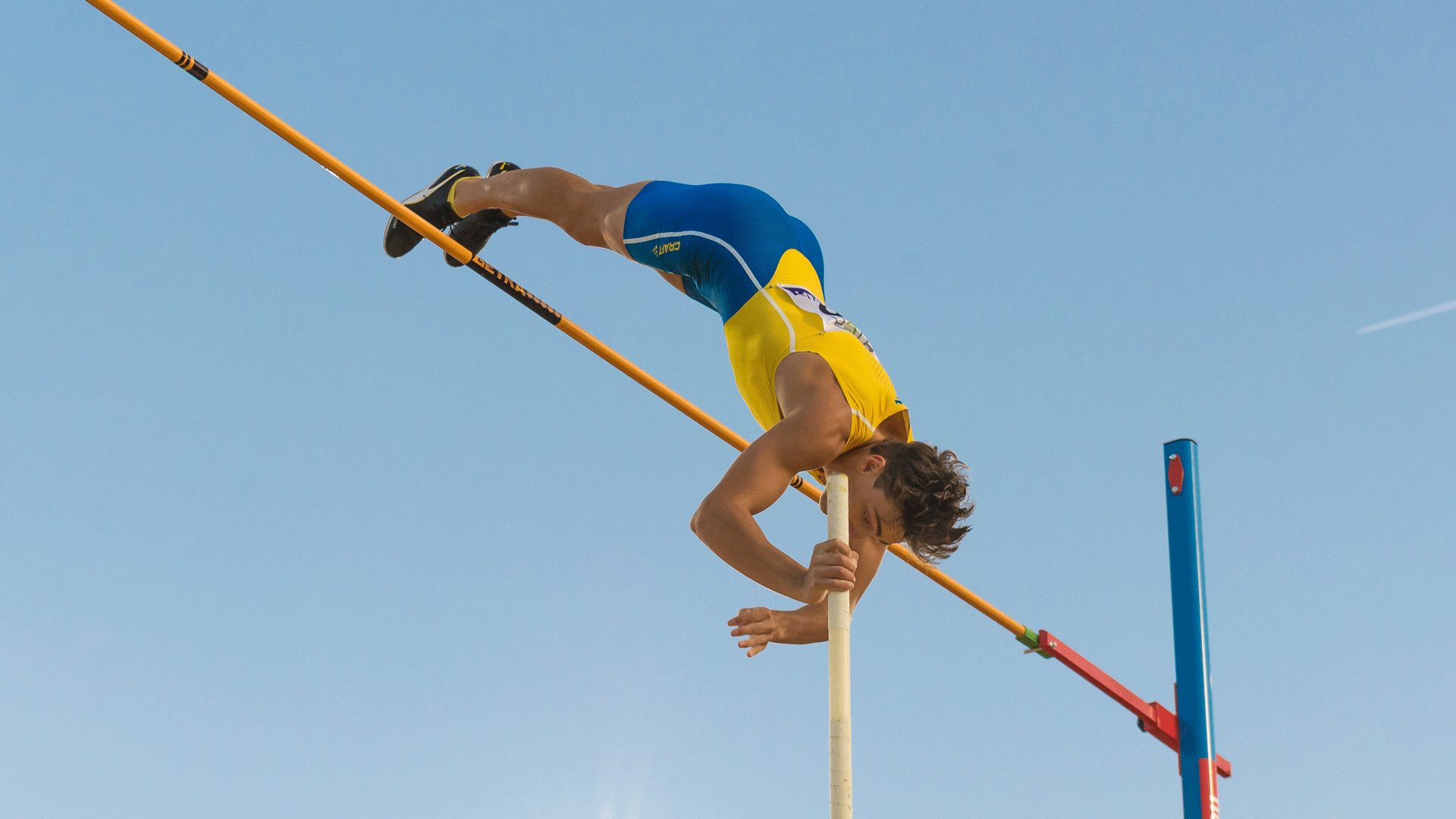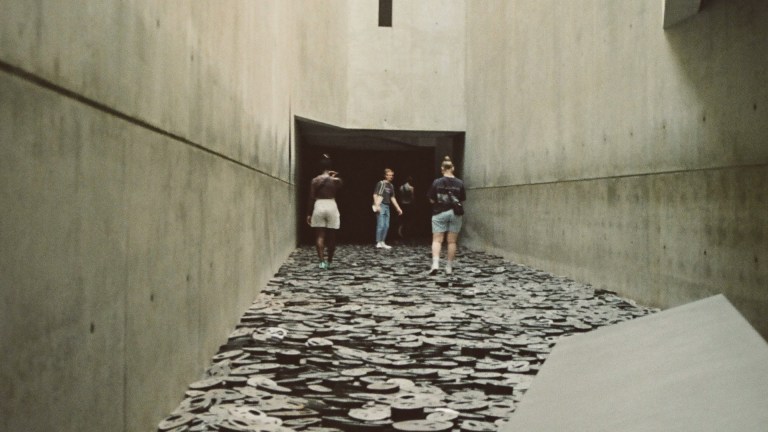Pole vaulter Armand Duplantis is some pup. He is a global sports icon, the closest to proper world-striding recognition in athletics since Usain Bolt. He is effortless in what he does. His winning world championship jump was 6m 30cm, 30cm more than second place! That could take him over your house, if you live in a two storey. He looks like a movie star, he keeps jumping higher than any man who has ever lived and he makes pole vaulting very cool.
The only thing that could derail Duplantis is if, for some reason, he signed for Manchester United. That would soon take the wind of his sails and make him very, very average. He wouldn’t be able to clear a regular high jump with a pole after time there.
Get the latest news and insight into how the Big Issue magazine is made by signing up for the Inside Big Issue newsletter
There are physical attributes that make him very good. According to pole vault experts (and believe it or not I’m not ACTUALLY a pole vault expert…) he runs faster than anybody else on the approach – this is both vital and also very tricky when you’re carrying a 17-foot pole than can weigh three kilos. He has an innate understanding of physics, moving the energy of his jump from one part to another, in fractions of a second. And he has a real fearlessness and focus.
Armand Duplantis was destined to become a pole vaulter. His parents were pole vaulters. He started, it is said, when he was three years old. There was a pole vault track and bar in his back garden growing up. I don’t know how big a garden needs to be to get a pole vault track and bar but I don’t think the average council house will have it.
This is a problem. What if you, or your child, or your friend’s child has it in them to be a world-beating pole vaulter? Or what, if it turns out, there is a latent rower. Or a luge champion, or competitive show jumper. Or any other sport that requires either specific expensive equipment, or being present in a particular expensive location. Elite sports are increasingly for the elite. I don’t know of many state schools that offer fencing or rowing.






